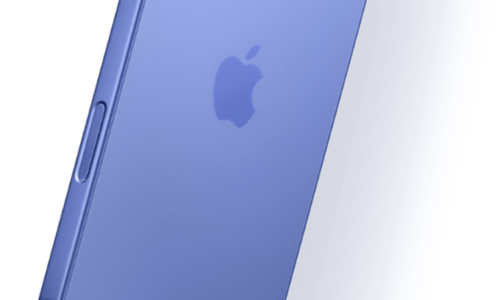Reports that the iPhone 17, expected to be released next year, will incorporate TSMC’s next-generation 2nm process, are untrue, according to a reliable source that has proven accurate in predicting Apple’s plans.
The user “Phone Chip Expert” on Weibo posted that the 2nm process will not enter mass production before the end of 2025. This informant, who has 25 years of experience in the integrated circuit industry and has worked in Intel’s Pentium processor department, reported that the iPhone 17 will continue to use TSMC’s 3nm technology.
“The 2nm process will not be available in volume before the end of 2025, so the iPhone 17 will not be able to use it,” wrote Phone Chip Expert. “Only the iPhone 18 will feature a 2nm processor.”
“Anyone who knows the production schedule will understand that these are false reports from unreliable media,” he added, commenting on a Zhitong Finance article citing claims from Taiwanese newspapers based on “industry sources”.
TSMC plans to start producing 2nm chips next year, but reports from Taiwan suggest that the process is being expedited to ensure stable performance for mass production. Apple, as TSMC’s main customer, is usually the first to receive the new chips. For example, Apple secured all of TSMC’s 3nm chips in 2023 for its iPhones, iPads, and Macs.
The 2nm manufacturing process known as “N2” is expected to offer a speed improvement of 10-15% at the same power or a power reduction of 25-30% at the same speed compared to 3nm chips. The A17 Pro chip in Apple’s iPhone 15 Pro models is made with TSMC’s first-generation 3nm process, known as N3B. Apple’s M4 chip, recently introduced in the new iPad Pro, uses an improved version of 3nm technology.
Code in iOS 18 confirmed that all iPhone 16 models will use Apple’s next-generation A18 chip, based on TSMC’s N3E process, the second generation of the 3nm chip manufacturing process, with improved performance and reduced cost.
Phone Chip Expert has a history of accurate predictions. He was the first to reveal that the iPhone 7 would be waterproof and that standard iPhone 14 models would use the A15 Bionic chip, while the more advanced A16 chip would be exclusive for the iPhone 14 Pro models. Recently, he revealed that Apple is developing its own AI server processor using the TSMC’s 3nm process, aiming for mass production by the second half of 2025.












































































